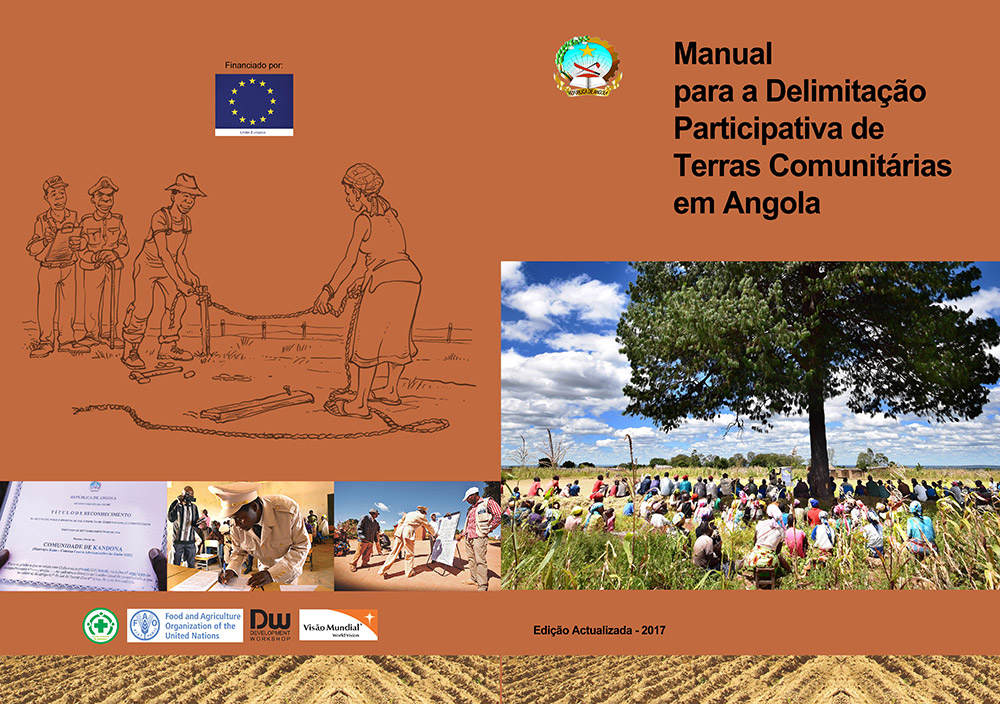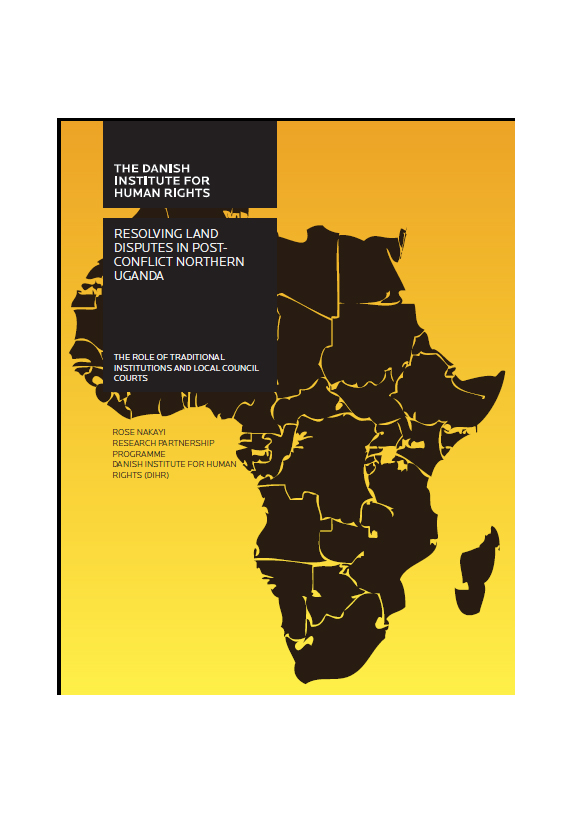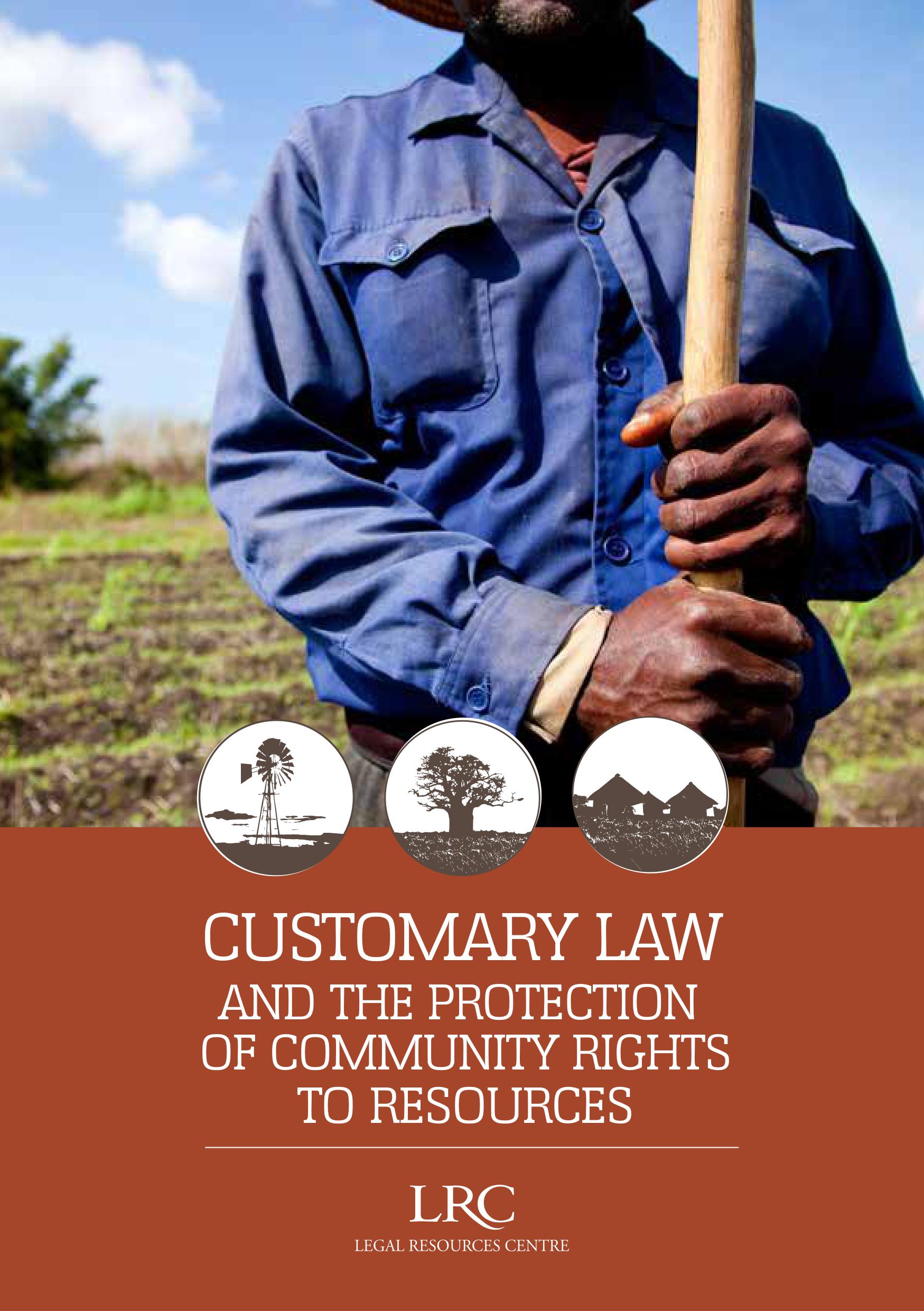TRADITIONAL AUTHORITIES: KNOW WHERE TO LAND
Government is frequently charged with failing to finalise key policies relating to traditional authorities, for example, local government roles and functions, and communal land tenure. Whilst it is true that important issues remain unresolved, it is also true that the issues themselves are very complex and that some have become so politicised that rational debate is hindered. This section addresses some of these policy areas in a manner which hopefully enables rational debates and viable solutions.





